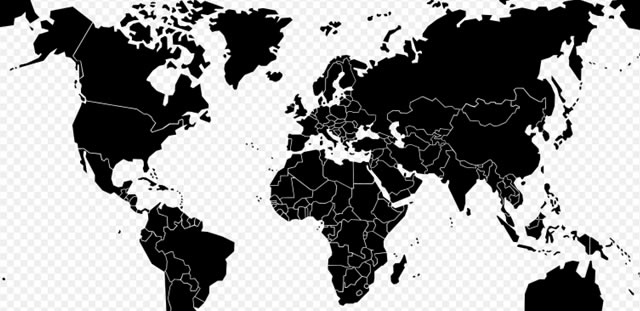Se-tenant: 18th Century maps (British Indian Ocean Territory 1994)
18th Century maps (British Indian Ocean Territory 1994)
01 June (British Indian Ocean Territory ) within release 18th Century maps goes into circulation Se-tenant 18th Century maps face value 176 British penny
| Se-tenant 18th Century maps in catalogues | |
|---|---|
| Michel: | Mi: IO 150-154 |
| Stamp Number: | Sn: IO 147 |
| Stanley Gibbons: | Sg: IO 147a |
Se-tenant is square format.
Also in the issue 18th Century maps:
- Stamp - Plan of Chagos Island or Diego Garcia, by M. Aa Fontaine face value 54;
- Stamp - Sketch of Diego García face value 20;
- Stamp - Plan of part Chagos Island or Diego Garcia face value 44;
- Se-tenant - 18th Century maps face value 176;
- Stamp - Plan of harbor Chagos Island or Diego Garcia by Lt. Blair face value 24;
- Stamp - Chart of Chagos Archipelalgo by lt. Blair face value 34;
Se-tenant 18th Century maps it reflects the thematic directions:
An island or isle is a piece of land, distinct from a continent, completely surrounded by water. There are continental islands, which were formed by being split from a continent by plate tectonics, and oceanic islands, which have never been part of a continent. Oceanic islands can be formed from volcanic activity, grow into atolls from coral reefs, and form from sediment along shorelines, creating barrier islands. River islands can also form from sediment and debris in rivers. Artificial islands are those made by humans, including small rocky outcroppings built out of lagoons and large-scale land reclamation projects used for development.
A map is a symbolic depiction emphasizing relationships between elements of some space, such as objects, regions, or themes. Many maps are static, fixed to paper or some other durable medium, while others are dynamic or interactive. Although most commonly used to depict geography, maps may represent any space, real or imagined, without regard to context or scale, such as in brain mapping, DNA mapping, or computer network topology mapping. The space being mapped may be two dimensional, such as the surface of the earth, three dimensional, such as the interior of the earth, or even more abstract spaces of any dimension, such as arise in modeling phenomena having many independent variables. Although the earliest maps known are of the heavens, geographic maps of territory have a very long tradition and exist from ancient times. The word "map" comes from the medieval Latin Mappa mundi, wherein mappa meant napkin or cloth and mundi the world. Thus, "map" became the shortened term referring to a two-dimensional representation of the surface of the world.


